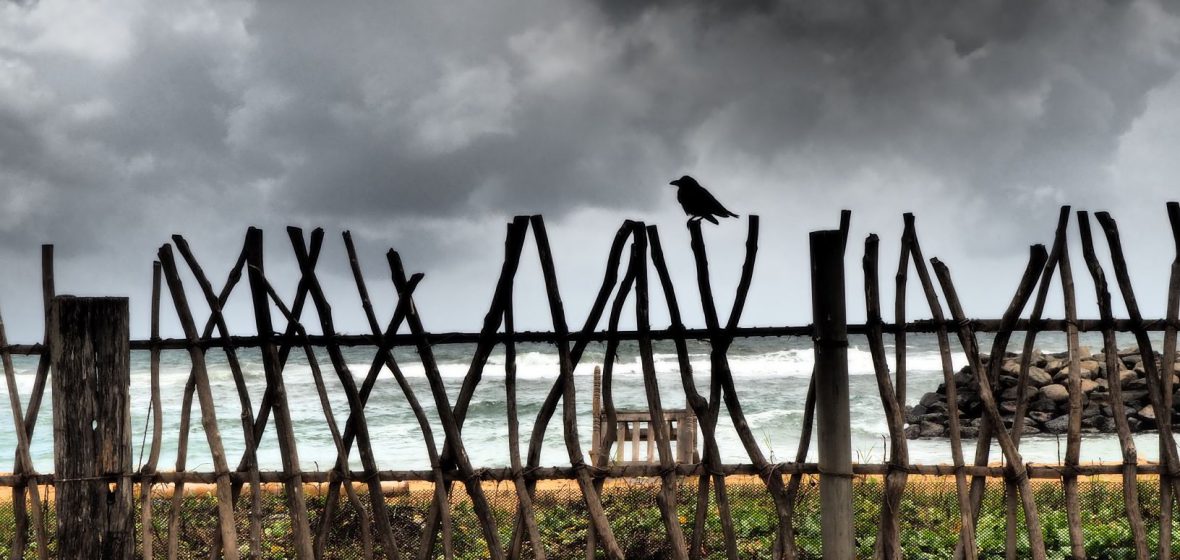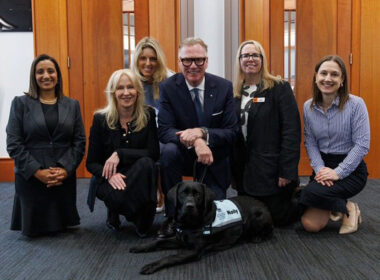It has been 50 years since LAWASIA, a regional association of lawyers, was established as a safeguard against the erosion of human rights and the rule of law in the Asia-Pacific region. Its annual conference in Sri Lanka discussed an increasing set of challenges. LSJ editor CLAIRE CHAFFEY was there.
It’s consistently overcast in Colombo on August afternoons. Ominous storm clouds gather in the Sri Lankan capital each and every day, creating the feeling that something cataclysmic is just around the corner.
After 50 years of collaboration, advocacy and policy development, many members of LAWASIA have that same ominous feeling.
Gathering for the organisation’s 29th annual conference in Colombo, recent events have cast a sombre mood over the opening sessions in spite of the colour and fanfare the Sri Lankans do so well.
Just days before the Golden Jubilee conference began in early August, 70 people were killed in Pakistan – many of them lawyers.
The attack was brutal and direct; the legal profession deliberately targeted. Lawyers in Malaysia, too, were facing challenges.
In an open letter to the Malaysian Prime Minister in July, LAWASIA expressed “significant concern” about the Malaysian Government’s intention to pass amendments to the Legal Profession Act 1976 (LPA) that would “severely compromise the independence of the Malaysian Bar and drastically hamper its self-regulatory and internal management functions”.
Then there were the events in Turkey in March: the judiciary was disbanded, and lawyers arrested and detained.
LAWASIA was founded 1966 with the aim of creating a regional association of lawyers.
Together, they would protect the rule of law in the Asia-Pacific region.
In turn, this would lead to more stable democracies, stronger relationships between governments and legal bodies, and more productive business ties.
LAWASIA’s founders also saw the organisation as one that would facilitate cross-jurisdictional exchanges of information and ideas.
It would be a voice for the legal profession and a conduit for encouraging adherence to shared principles and standards in legal practice – and, of course, the protection of human rights.
The crucial role of promoting the rule of law in the region has a powerful synergy with the economic future of Australia.
MICHAEL TIDBALL, LAWASIA CEO
LAWASIA is vocal and responsive to issues affecting the legal profession and which threaten to undermine everything the organisation holds dear.
Each year, this active voice – and the relationships that facilitate a united front – is strengthened at the annual conference.
The colourful and energetic Colombo conference saw an impressive line-up of international speakers present to almost 600 delegates from 29 different jurisdictions across the Asia-Pacific and beyond.
The sessions were numerous and diverse, with eminent lawyers speaking on topics from banking and finance, employment law, business and human rights to legal education and the judiciary. It was a veritable meeting of the minds; a global exchange of ideas and experiences.
According to many delegates, however, the real value of LAWASIA lies not in the educational pieces but in the distinct sense of community, unity and strength that comes from sharing a room with hundreds of lawyers and representatives from legal associations across the region – and some from farther afield.
It lies in the knowledge that each and every delegate believes in what LAWASIA stands for just as much as the next. It comes from the friendship, understanding and shared beliefs that nothing is more important than the rule of law and the protection of human rights.
That is what instils in LAWASIA its power and influence and the possibility that, together, legal professionals can make a real difference beyond their own backyards.
According to the Chief Executive Officer of LAWASIA and the Law Society of NSW, Michael Tidball, LAWASIA’s importance in the region has increased dramatically over the past 50 years.
“The crucial role of promoting the rule of law in the region has a powerful synergy with the economic future of Australia,” he says.
“The Colombo conference bore testimony to the powerful and vigorous interest in a diverse range of Bar Associations from across the greater Asian region in participating in the promotion of the rule of law and interaction on the legal policy and practice areas from across the region.
The growth trajectory for LAWASIA over the next few years is very exciting.
The synergies for Sydney and the NSW profession within this broader dynamic are profound.”
Q&A with Justin Dowd, LAWASIA Vice-President
After 50 years, what is the significance of LAWASIA and why is such an organisation so important?
LAWASIA is the peak body for legal associations in the Asia and Pacific regions. It has the power of representation of the lawyers in the region, supporting and enhancing the rule of law and the independence of the judiciary and the legal profession. It seeks principled social and legal policies in the region. It stands independent of governments. It has grown in size and strength over that 50 years and now truly represents the countries in the region. It also represents the region in the wider legal world through, for example, involvement in the International Bar Association. It has brought together the judiciary and practising and academic lawyers to discuss the largest issues facing societies in the region.
What have been the greatest achievements of LAWASIA over the past 50 years?
Since its inception, LAWASIA has been involved in many important issues. In the past few years alone, it has supported lawyers (and the communities they serve) in Pakistan, Iraq, Malaysia, Cambodia and many other jurisdictions when lawyers in those communities were under attack for standing up for human rights. This can only be done effectively if there is a solid organisation with well-developed policies in place.
Where do you see LAWASIA going in the next 50 years?
LAWASIA has been effective in bringing together the Asian side of its work. I see our next area of work to be a focus on the Pacific region, particularly in areas where human rights, the rule of law, and the independence of the judiciary and profession are not sufficiently respected.
What do you see as the greatest challenges facing lawyers in the Asia-Pacific region?
Political interests often clash with human rights and the rule of law. Restrictions on courts, the rights of practice, and freedom of movement of citizens are all legal issues that need constant vigilance. Social issues such as climate change, personal relationship law and the movement of very large numbers of people seeking refugee status in other countries are all issues that will continue to cause stresses on governments and will require careful consideration in the context of the human rights of those involved.




